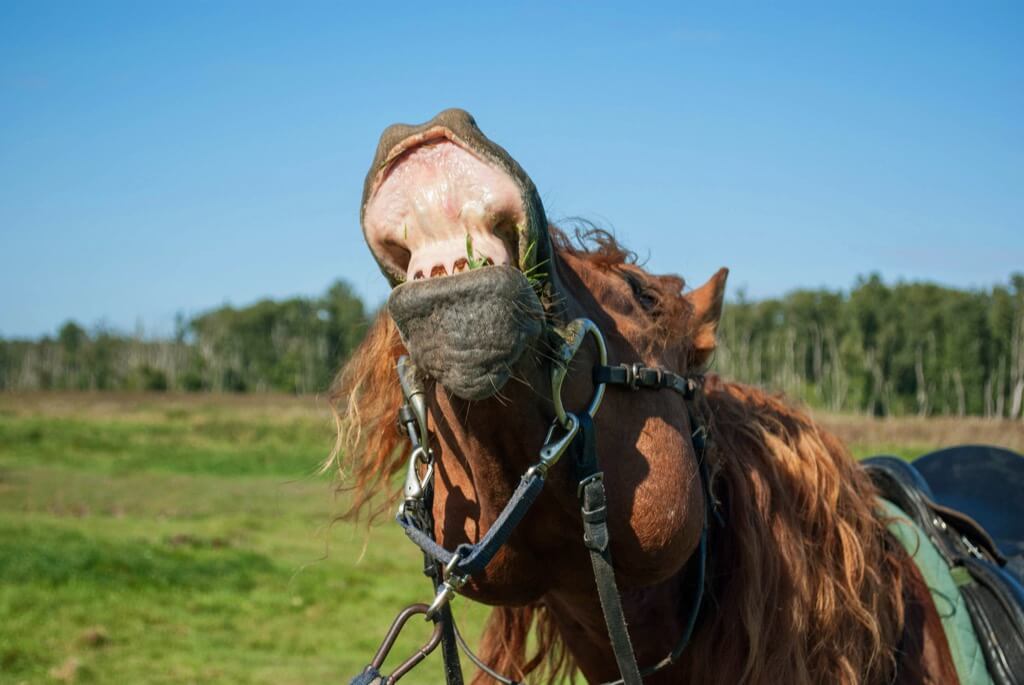
In the realm of legal oddities, few questions baffle people as much as the idea of a DUI (Driving Under the Influence) while riding a horse. The concept itself seems peculiar, as we generally associate DUI offenses with motor vehicles. Yet, as we delve into this curious matter, you’ll soon discover that the laws surrounding riding under the influence are a labyrinth of complexities that vary not only from country to country but also from state to state within the United States.
The very definition of “driving under the influence” varies worldwide but typically revolves around operating a vehicle after consuming alcohol or drugs to a degree that impairs one’s mental faculties. So, where does that leave riding a horse? The answer, surprisingly, is that there are situations where drinking and riding horses do indeed fall under DUI laws.
The crux of the matter lies in whether a horse is considered a vehicle. In most jurisdictions, if a horse is pulling a cart or carriage, it is almost always classified as a vehicle. This classification primarily stems from the presence of wheels on an object, which is sufficient to categorize it as a vehicle in many areas. However, it’s worth noting that some regions require the presence of a motor for an object to be explicitly labeled as a vehicle.
So, unless you reside in a state like Montana, where the definition of “vehicle” explicitly excludes devices propelled by animal power, you can potentially face DUI charges for riding or driving a horse that is pulling a cart on a public road. An example of this intriguing scenario occurred in December 2009 in Lancaster County, Pennsylvania, when 22-year-old Amish man Elmer Stoltzfoos was arrested for intoxicated driving a horse-drawn buggy on a public road. While it might sound like an exaggeration, Stoltzfoos was indeed found fast asleep in the buggy, with the horse seemingly having an uncanny sense of the route home. A breathalyzer test revealed a blood-alcohol level of 0.18, just over twice the legal limit.
But what if there’s no cart involved? In the United Kingdom, it is, in fact, illegal to ride a horse while under the influence of alcohol or drugs. This legal provision can be traced back to the Licensing Act of 1872. According to this act, anyone who is intoxicated and drives a carriage, horse, cattle, or steam engine on any public highway or area is subject to a fine of up to forty shillings or, at the court’s discretion, a jail sentence of up to one month.
The language of the law leaves it up to the discretion of the police to determine the exact level of intoxication required for an offense. Remarkably, this somewhat antiquated law is still enforced today. A notable instance occurred in January 2009 when a 31-year-old man named Godfrey Blacklin was found riding bareback on a horse named Bart in Newcastle while significantly intoxicated. Despite Blacklin’s claims that he had only consumed a couple of cans, he was arrested and charged under the 1872 Act. His penalty amounted to £150, along with £35 for the costs of the Justice of the Peace.
When it comes to riding horses under the influence of alcohol or drugs in the United States, the laws vary significantly from one state to another. Some states have addressed this issue by incorporating a definition of “vehicle” directly into their statutes, while others rely on past court decisions that have defined the term. Several states, including California, North Carolina, Kansas, Michigan, Florida, and Oregon, have enacted laws that make it illegal to ride horses while under the influence.
In Colorado, however, riding a horse under the influence is treated as a minor traffic infraction rather than a full-fledged DUI offense, unlike the penalty for driving a motor vehicle while intoxicated. In contrast, states like Tennessee, Wisconsin, Texas, Washington state, New Jersey, and Montana do not have specific laws that address riding horses under the influence.
But before you saddle up with a drink in hand in these regions, it’s crucial to understand that there are other potential legal consequences. Riding under the influence could lead to charges such as animal cruelty, especially if you’re inebriated and on a public road, potentially endangering the horse and yourself. Additionally, you might run afoul of public endangerment laws or even child endangerment if you are riding a horse among children or carrying one on your back.
Additional Facts
Historical Precedence: While today’s laws about riding horses under the influence may seem unusual, it’s worth noting that in the late 19th century, states like New Jersey had laws that made it illegal to drive a horse, mule, or other beast of burden while under the influence of alcohol. These statutes, however, became dormant over time and are no longer enforced.
International Variations: The legality of riding a horse under the influence isn’t just limited to the United States and the UK. Different countries have their own interpretations of DUI laws. For example, in Sweden, riding a bicycle or even a horse while intoxicated can lead to legal consequences.
Horseback Riding Clubs: Some equestrian clubs and organizations take riding under the influence very seriously. They have established guidelines that discourage riders from consuming alcohol before or during equestrian activities to ensure the safety of both riders and horses.
Varying Penalties: Even within states that have laws addressing riding horses while intoxicated, the penalties can differ significantly. Some states may impose minor fines, while others treat it as a more serious offense with potential jail time.
Ambiguity in the Law: The lack of clarity in some laws can lead to unusual scenarios. For example, in states with broad DUI laws, a horse owner might technically be breaking the law if they lead their horse home after consuming alcohol at a local bar.
Cultural Celebrations: In some cultures and regions, riding horses as part of religious or traditional celebrations may involve consuming alcohol. Local authorities often make exceptions during these events, provided they are conducted safely and responsibly.
Horses’ Alcohol Sensitivity: Horses are sensitive animals, and alcohol can have severe adverse effects on them. Riders should be aware that even moderate alcohol consumption can impair their ability to control the horse properly.
Legal Definitions: In areas with ambiguous laws, the definition of “riding” a horse while intoxicated can be open to interpretation. For instance, some jurisdictions may only consider it an offense if the rider is actively mounted on the horse.
Horse-Specific Safety Gear: Just as motor vehicle drivers are required to wear seatbelts, riders may be subject to laws requiring specific safety gear. Some regions mandate the use of helmets when riding a horse on public roads, with potential penalties for non-compliance.
Public vs. Private Property: Laws regarding riding horses under the influence can also vary depending on whether the riding occurs on public or private property. Riders should be aware of the distinctions and applicable regulations in their area.
A Sobering Reality
In some cases, individuals who ride horses while intoxicated may receive citations for public intoxication. Take, for instance, the case of two Texans, Samuel Olivo and Jose Rios, who were cited for this offense on January 13, 2011. Initially, both individuals faced drunk driving charges after they were observed riding horses and mules around Austin, attempting to entice passers-by to take pictures with them while clearly inebriated. Jose’s level of intoxication was so severe that he couldn’t complete a breathalyzer test and required medical attention for alcohol toxicity.
The legal intricacies surrounding riding horses under the influence can be as convoluted as a maze. While some jurisdictions explicitly address this issue with dedicated laws, others rely on broader statutes to cover such scenarios. It’s essential for individuals to be aware of the specific laws in their area to avoid legal repercussions. And while the idea of a drunken cowboy or cowgirl riding into the sunset might romanticize the Old West, in reality, it’s a practice fraught with potential legal consequences and risks for both rider and steed.



